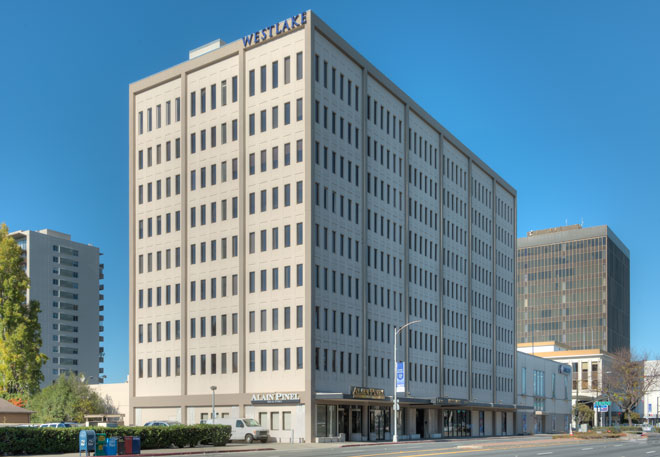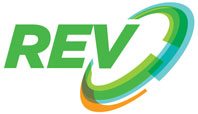From Westlake Urban’s vantage point in the San Francisco Bay Area, the past few years have demonstrated the full swing of the real estate cycle. From the depths of the Great Recession to today’s eye-popping Bay Area real estate prices, we have experienced the economic extremes of a dynamic marketplace. And while anyone who owns real estate in the Bay Area seems to have benefited from “the rising tide that lifts all boats,” there is a more literal rising tide—the forecasted impacts related to climate change that any long-term, resiliency-based business strategy must address. Therefore, like many companies, Westlake Urban has concluded that a commitment to sustainable business practices is an economic imperative in the 21st century.
Companies cannot ignore sustainability—the business case
Experts see sustainability as part of an emerging “megatrend,” as the public and governments across the globe grapple with the problems amplified by climate change and industrial pollution amid other concerns. These experts have concluded that companies can no longer ignore sustainability; it is a major factor in future competitiveness.
The public is beginning to demand better behavior from companies. As consumers gain awareness, they are supporting companies and brands that focus on sustainable business practices. At the same time, governmental agencies are intervening with new laws, standards and regulations.
A commitment to sustainable business practices is not only good for the planet, it can also help companies to build value by increasing sales, lowering costs, strengthening reputation and engaging staff.
At Westlake Urban, we believe businesses like ours can be a force for positive change by embracing a comprehensive definition of “sustainability” as the ability to meet today’s needs without compromising the ability of future generations to meet their own needs. Taking this one step further, we’d like to operate our business in ways that add value to the neighborhoods and communities in which we work.
With this in mind, our goal at Westlake Urban is to invest in our properties for the next generation—and the generation after that. This requires that we place sustainability at the heart of the decisions that we make.
Sustainability begins at home
We love the location of our headquarters in downtown San Mateo, California, but Westlake Urban is growing and the way we work is changing. We found that our 40 year-old office design was getting in the way of the collaborative working environment we desire, so we began to think about what it means to renovate offices in 2015.

Our first step was to commit to a design process that ensured that we would invest for the long term and that our renovation would serve as a model for the way we think about all of the properties in our portfolio. This required that we start with the goal of a resilient design that included energy and water efficiency, natural light and ventilation, sustainable materials, open architecture, transparency, collaborative spaces and multi-purpose/adaptable furniture.

We are thrilled to be working with RMW Architecture & Interiors and have been so impressed and appreciative of their commitment to environmental responsibility and sustainable business practices.
Sustainability Circles®
Sustainability can feel like a confusing set of puzzle pieces all vying for attention. The sustainable design and construction of buildings is important and core to our work at Westlake Urban. Nevertheless, it is just one of the elements of a sustainability-focused business plan that addresses all areas of the organization. But how do we put the pieces together?
Fortunately, we have friends to help lead the way.

Westlake Urban has joined with REV Sustainability to produce a comprehensive sustainability action plan for our organization. REV created a unique program called Sustainability Circles®, to bring together groups of 8-10 different companies for a six-month period. During the next six months, we will meet with other Bay Area companies in our circle to share best practices, address specific challenges and ultimately develop a strategic approach to sustainable business practices for each participating business.
The key to innovation is to consistently ask the types of questions that allow current practices to be evaluated in the context of a rapidly changing business environment. We will be busy over the next six months finding new examples of ideas and models for our five-year sustainability business plan.
We will provide updates on social media about the epiphanies we know we’ll experience as we create our five-year sustainability action plan. Please follow us on Twitter, like us on Facebook and subscribe to our newsletter. We would love to have you join the conversation.




